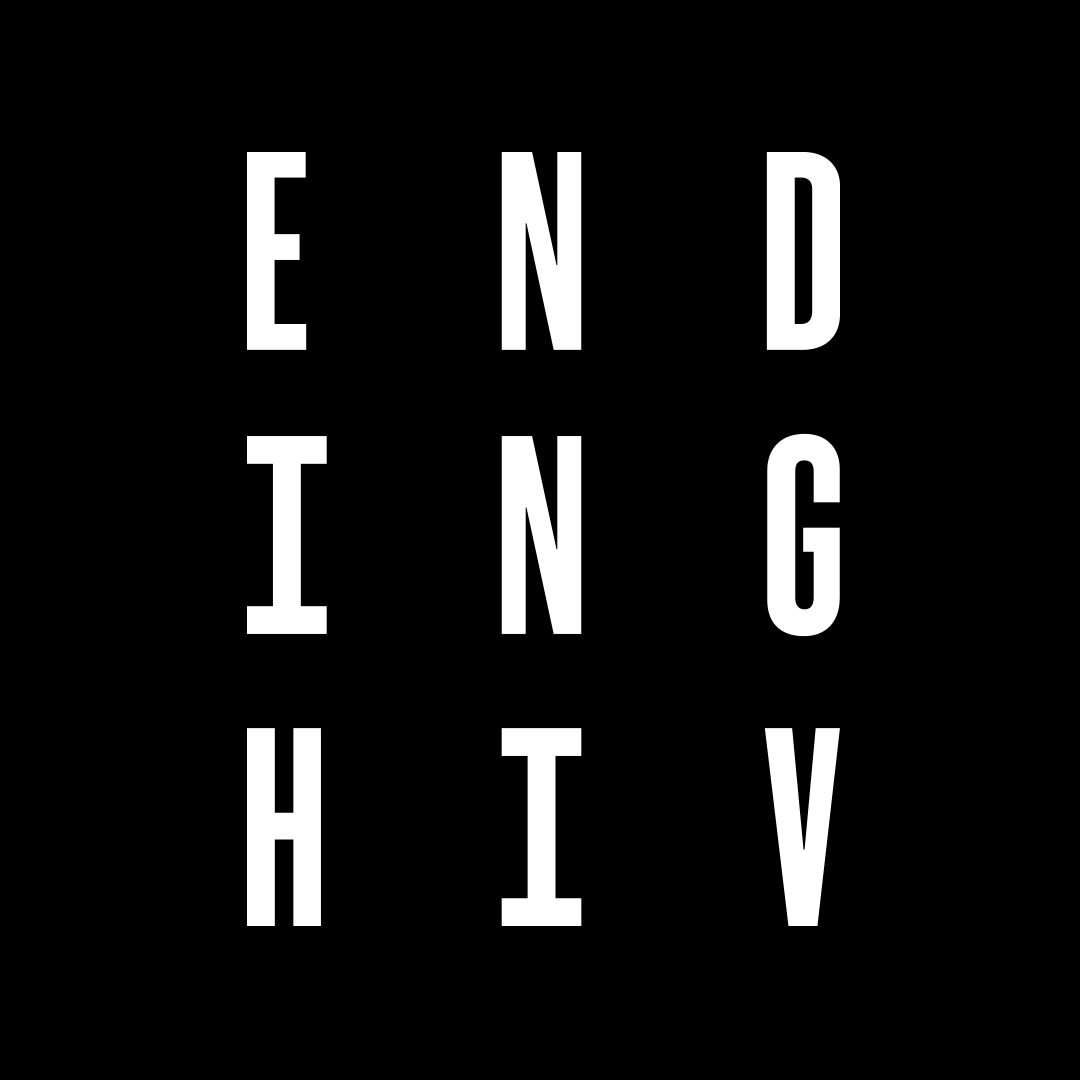A good friend has just told you they’re living with HIV. What should you do?
A friend of yours has recently told you they’re living with HIV.
There’s probably a lot going through your head right now. You might be unsure if you’ve reacted in the right way or if there’s anything more you could be doing to support them.
Here’s what you can do
The first thing to remember is that they’ve told you because of how much they trust you as a friend, and what they need most of all right now is for you to just be a friend.
And it’s as simple as taking some time to process the information and learning how to be a strong, educated ally – that’s what friends are for, right?
1. Acknowledge that your friend has just shared something significant with you
Your friend has shown a lot of courage in sharing the fact that they’re living with HIV – it’s no small thing what they’ve done. Talking to you about their HIV status also shows that they respect you and value your friendship highly. Thank them and acknowledge that they’ve done something very brave and very difficult.
And be compassionate and gentle – they are possibly feeling quite emotional and vulnerable at the moment.
2. Take some time to learn about HIV and HIV treatment
You’ve probably got lots of questions. Getting informed about the science of HIV and HIV treatment will help you be a better ally, not just to your friend but to the broader HIV community.
Thankfully, there’s a lot of information out there – a great place to start is with our Ending HIV treatment page. The most important thing to know is that, thanks to advancements in medicine, HIV is often well-managed with ongoing treatment, just like diabetes. If your friend stays on regular treatment (which usually consists of one or two pills a day), they should be able to live a long, healthy life, just like anyone else.
3. Remember U=U
Get familiar with the current language and day-to-day considerations of living with HIV. One of the most important ones is the concept of ‘U=U’, meaning ‘undetectable equals untransmittable’. This means that when your friend regularly takes their treatment, they can be confident that HIV can’t be transmitted to their sexual partners.
4. Respect your friend’s journey
Your friend may be dealing with a lot of complex emotions, including grief, shame and stigma. Give them the time and support to talk to you about their journey when they’re ready. This means avoiding questions like “How did you get it?”, “When were you diagnosed?” and “Why didn’t you tell me sooner?” These sorts of questions, however well-meaning, can trigger feelings of shame and judgement, which can impact how they feel and hold them back from disclosing their status to others.
5. Ask what you can do
It may be hard to know how to be there for your friend. They may have a specific reason for disclosing to you, like needing support accessing information or getting their head around the medical side of things – or they may just want to know that your friendship is the same as it’s always been.
Asking your mate what you can do to help lets them guide the process and get the support they need on their own terms. The important thing is that they know you’re there.
6. Hang out like you always have
Sometimes the best support is just letting your friend know that nothing has changed between you. Keep up your regular social activities, TV nights and random 2am chats. Reassure them that living with HIV won’t change or define your friendship.
7. Check in regularly
Let them know that the conversation is always open. Check in on how they’re feeling regularly and make sure they know you’re always there to talk.
8. Keep it between the two of you
Your friend may want to tell other people that they’re living with HIV, or they may not. Respect their privacy and let them disclose their status in their own way and in their own time. Above all, remember that they’ve shared something very personal and very sensitive with you – make sure you don’t share it with anyone else unless they are OK with it.
9. Help other people be better allies too
Part of being a good ally is supporting other people to be better allies too. This can mean calling out HIV stigma in conversations or jokes and encouraging people to show compassion and empathy in the way they discuss HIV and people living with HIV. The more people who are educated about the current reality and the science of living with HIV, the more we can all reduce stigma and trauma for your friend and other people living with HIV.
If you or your friend is looking for more information on how people can be better allies, check out It’s Time to Think Positive about HIV. You’ll also find a lot of helpful information, professional contacts, support and stories from other people living with HIV online at Ending HIV.
This article was written by a community contributor and produced as part of a series aimed at tackling HIV stigma. Learn more about HIV stigma and how we can be better allies.
